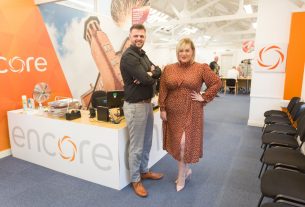A third (35%) of manufacturing companies have yet to make a formal commitment to net zero, according to new research* by renewable energy company Drax.
The study of over 160 UK manufacturers found that of the two thirds who have made a commitment, 32% have no strategy in place on how they will reach net zero.
This is despite the UK Government’s own targets, which state it must reduce all greenhouse gas emissions across the country to net zero by 2050.
Those manufacturers that don’t have a formal net zero strategy in place said capital resources were a significant barrier (45%). Increased costs not being accepted by customers/consumers (43%) and concerns about disruption to their business operations (42%) were also cited as crucial concerns.
Emissions from the manufacturing sector make up 60% of the UK’s total emissions, so decarbonising the sector would have a significant impact on the UK’s targets.
Adam Hall, Director of Energy Services at Drax, said: “The benefits of reducing a business’ carbon footprint often outweigh any perceived downside. Increased operational efficiency, lower costs over the long-term, and improved reputation among key stakeholders and customers are just some of the advantages.
The findings of the study also highlighted the growing need among manufacturing companies for data analysis knowledge and skills within their workforce. 85% of manufacturers said they considered data analysis a top priority for achieving net zero, but less than half (42%) cited a lack of knowledge within the business as a major barrier to implementing change.
Hall continued: “Accurate and reliable data holds the key to the transition. Analysing half hourly meter data can help businesses to optimise their energy usage. Accessing and interpreting this data can be challenging, which is where an energy partner like Drax can come in. We can help businesses to navigate the complexities and put in place a road map that works for their individual needs.”





